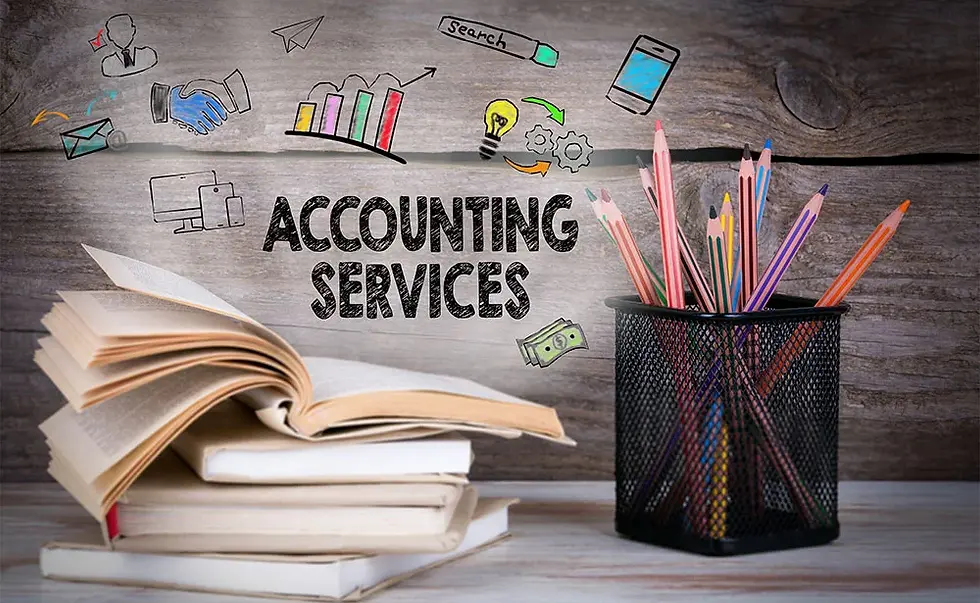Do I Need a License or Certification to Operate an Accounting Business?
- Nate Jones, CPCU, ARM, CLCS, AU

- Aug 15, 2025
- 3 min read
Updated: Aug 19, 2025
If you're planning to start your own accounting firm, one of the first questions you might ask is: Do I need a license or certification to operate an accounting business? The answer depends on the services you plan to offer and your location. Whether you're a CPA or a general accountant, understanding the legal and professional requirements is essential for launching a compliant and successful firm.

At Wexford Insurance, we help small business owners—including accounting professionals—find tailored insurance programs that protect their operations. In this guide, we’ll walk you through the licensing and certification landscape for accounting businesses and how insurance fits into your startup strategy.
Do You Need a CPA License to Start an Accounting Business?
No, you don’t necessarily need a CPA license to start an accounting business. However, the type of services you offer will determine whether certification is required.
You do not need a CPA license to:
Offer bookkeeping services
Prepare basic financial statements
Provide payroll services
Offer general business consulting
You do need a CPA license to:
Audit financial statements
Represent clients before the IRS
File reports with the SEC
Use the title “Certified Public Accountant”
If you plan to offer high-level financial services or work with publicly traded companies, you’ll need to meet your state’s CPA license requirements. These typically include:
A bachelor’s degree with an accounting concentration
150 credit hours of education
Passing the Uniform CPA Examination
1–2 years of verified work experience
Ethics exam (in some states)
🔗 Learn more: How to Become a CPA – Forbes Advisor
State-Specific Licensing Rules
Each U.S. state has its own board of accountancy that sets licensing rules. Some states allow non-CPAs to own and operate accounting firms, while others restrict certain services to licensed professionals.
🔗 Explore your state’s requirements: CPA Exam Requirements by State – Becker
Certifications That Boost Credibility
Even if you’re not a CPA, earning certifications can help you build trust and attract clients. Consider:
Enrolled Agent (EA) – Allows you to represent clients before the IRS
Certified Bookkeeper (CB) – Offered by the American Institute of Professional Bookkeepers
QuickBooks ProAdvisor – Ideal for firms offering bookkeeping and software support
Don’t Forget Insurance
Whether you're licensed or not, your accounting business needs protection. At Wexford Insurance, we help accounting professionals find coverage that fits their business model and risk profile.
Essential insurance for accounting businesses includes:
External Resources for Licensing and Certification
Recommended Resource for Contractor-Focused Accountants
Serving contractors and construction clients requires efficient systems and reliable support. Contractor Back Office offers invoicing, website, CRM, and social media management tailored to the needs of contractor-focused accounting businesses—streamlining operations and enhancing client satisfaction.
Get Expert Help from Wexford Insurance
Starting an accounting business is a big step—and making sure you’re properly licensed and insured is key to long-term success. At Wexford Insurance, we specialize in helping professionals like you protect your business with customized insurance programs.





